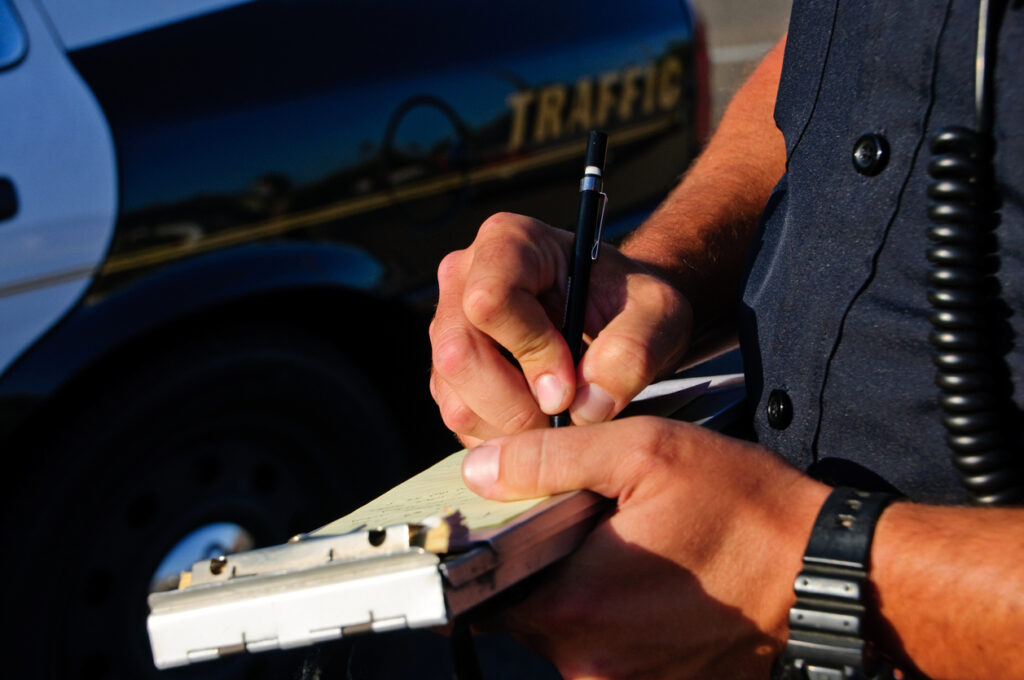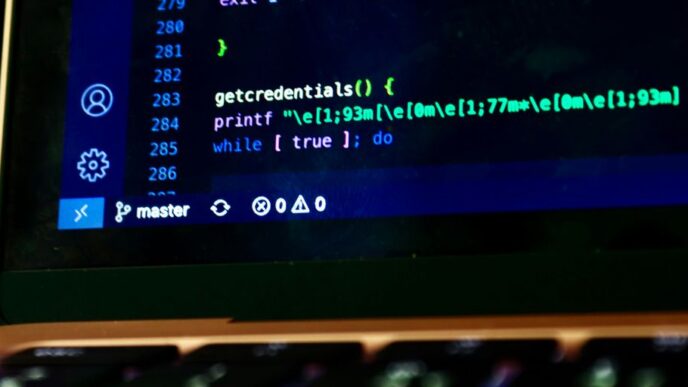Dealing with a traffic violation in New Jersey can be stressful, but it doesn’t have to be overwhelming. Maybe you’re unfamiliar with the state’s laws, or perhaps you’ve lived here for years and just received your first ticket. Either way, it’s crucial to know your options so you can make the best decision for your circumstances. This blog aims to walk you through the simple steps of handling a traffic violation in NJ, focusing on what to do first, how to respond, and how to keep your record as clean as possible.
1. Understanding the Nature of Your Violation
Before you figure out how to resolve your traffic violation, it’s vital to first identify what type of ticket you received. Some common examples in New Jersey include:
- Speeding Tickets: These range from minor (a few miles per hour over the limit) to severe (well over the posted limit).
- Illegal Turns or Lane Changes: If you turned where it wasn’t allowed or changed lanes without signaling, you might get a ticket.
- Expired License or Registration: Overlooking your renewal dates can cause bigger problems down the road.
- Cell Phone Use While Driving: This is a newer category of violation, but police take it seriously given the dangers of distracted driving.
Once you identify the violation, make sure to read every detail on the ticket. This will help you know the next steps, including fines, court dates, and whether you can address the matter online or must do so in person.
2. Step-by-Step Approach to Handling Your Ticket
Step 1: Check the Deadline
Almost every traffic ticket in New Jersey comes with a deadline by which you must respond. Missing this deadline can lead to additional fines or even a bench warrant, depending on the severity of the violation. So, the first thing to do is locate this date, typically on the bottom or back of your ticket.
Step 2: Decide Whether to Plead Guilty or Not Guilty
If you think the officer was right and you clearly committed the violation, paying the fine might be your fastest route. If, however, you feel the ticket is unjust, or there were special circumstances—like poorly visible signage or an emergency—you can consider pleading not guilty. This usually means you’ll appear in court to explain your side.
Step 3: Gather Evidence (If Pleading Not Guilty)
If you choose to fight the ticket, evidence can help your case. This might include photos of the area where you were pulled over, witness statements, or even footage from a dashboard camera. You want to present a solid argument to the judge about why the ticket was given incorrectly or why your situation was special.
Step 4: Pay the Fine or Appear in Court
If you opt to plead guilty, you can generally pay your fine online, by mail, or in some cases, over the phone. Confirm which methods your local court accepts. If you plead not guilty, make sure to attend your court date on time. Missing a court date can lead to more complications, such as license suspension or additional fines.
3. The Role of Points in New Jersey
One of the biggest reasons drivers want to fight a ticket is to avoid or reduce the points added to their driving record. In New Jersey, each traffic violation comes with a set number of points. Accumulating these points can lead to higher insurance premiums, possible license suspension, and even mandatory driving courses. Here’s a quick look at the points for common violations:
- Speeding: 2 to 5 points, depending on how many miles per hour over the limit.
- Careless or Reckless Driving: 2 to 5 points.
- Tailgating: 5 points.
- Improper Passing: 4 points.
Staying informed about how many points you already have on your record can help you make an informed decision about whether to fight a ticket.
4. Online vs. In-Person Options
Thanks to modern technology, many drivers can handle their traffic violations online without stepping foot in a courthouse. New Jersey provides multiple ways to do this:
- Online Ticket Payment: If you decide to plead guilty, you can often pay the required fine on a secure state website, saving time and potential long lines at the court office.
- Scheduling Court Appearances: Not all interactions can be done online, but you might be able to handle some preliminary steps to set a hearing date or clarify your ticket details.
At this point, you might wonder where to go if you choose to resolve your violation or get more information. A handy resource is njmcdirect – www.njmcdirect.com ticket payment online, which allows you to process your payment conveniently if you decide to plead guilty. On the other hand, you can also look into njmcdirect plead not guilty of a traffic violation if you wish to challenge your ticket. Additionally, the option njmcdirect www njmcdirect com ticket payment online is another portal that simplifies the payment process. Just remember that using these tools should align with your decision on whether to plead guilty or not.
5. Pros and Cons of Hiring an Attorney
Deciding to involve a lawyer in a traffic violation might seem excessive for smaller infractions. However, in cases where you’re facing serious charges, high point penalties, or possible license suspension, legal guidance can be a big help. Here are some points to consider:
- Pros: An attorney can negotiate on your behalf, potentially reducing the charges or the points. They know the local court system and can advise you on the best strategy.
- Cons: Hiring an attorney is an additional expense. Also, for simple, less serious tickets, many people feel comfortable handling matters on their own.
Regardless of whether you choose to hire a lawyer, do your homework. Sometimes, a brief consultation can give you a clear understanding of whether it’s worth it or if you can handle the matter yourself.
6. Tips to Avoid Future Violations
No one wants to deal with the headache of traffic tickets repeatedly. Here are a few friendly reminders to help you minimize your chances of getting pulled over:
- Stay Within the Speed Limit: Be mindful of posted speed limits, as they can change frequently from highway to local roads.
- Use Hands-Free Devices: If you need to talk on the phone, consider using a hands-free setup. Texting or holding your phone can lead to hefty fines.
- Plan Your Route: Knowing where you’re going can prevent last-minute lane changes or turns that could lead to a ticket.
- Keep Your Paperwork Updated: Make sure your license, registration, and insurance are all valid. Driving without these documents is easily avoidable.
- Stay Focused: Resist the urge to multitask while driving. It only takes a second of distraction to make a critical error.
7. Final Thoughts
Getting a traffic violation in New Jersey is never a pleasant experience, but you have more control over the outcome than you might initially think. Knowing the details of your violation, meeting deadlines, and staying informed about your options will serve you well. The worst move you can make is to ignore the ticket entirely. That can lead to additional fines, possible arrest warrants, and a suspension of your driving privileges.
Always check reputable sources or talk to an attorney if you’re facing serious consequences. Remember, the court system isn’t out to get you; it’s there to ensure everyone follows the rules of the road. By staying calm, gathering evidence when necessary, and making informed decisions, you can handle your traffic violation with minimal stress.
Ultimately, safe driving and consistent attention to the rules are your best defenses against future tickets. If you keep these guidelines in mind, you’ll not only avoid unnecessary fines and points, but you’ll also help keep New Jersey’s roads safer for everyone.














